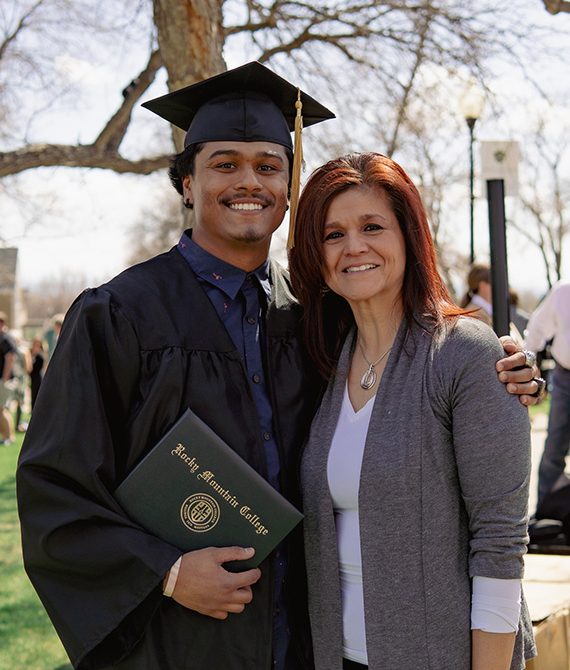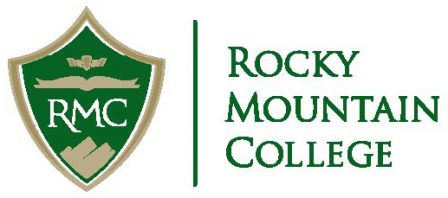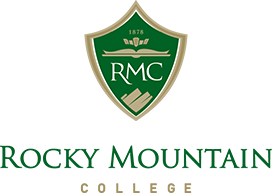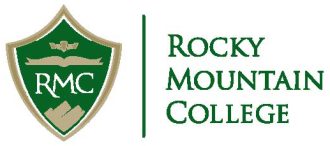Mission Statement and Core Themes
January 14, 2022 2023-12-26 1:16Rocky Mountain College educates future leaders through liberal arts and professional programs that cultivate critical thinking, creative expression, ethical decision-making, informed citizenship, and professional excellence.
Core Themes

Academic Excellence
Rocky Mountain College creates a culture of learning by providing distinctive academic programs designed and executed by outstanding faculty. The College is committed to the liberal arts and sciences as the basis for all academic development and as the foundation of the student experience. This commitment directs the College's general education requirements and the expectations of students engaged in the various disciplines. Graduates possess knowledge and abilities that promote professional excellence and lifelong learning through the combination of programs in the traditional liberal arts and sciences with professions-oriented disciplines.
Transformational Learning
Rocky Mountain College embraces its role as a transformational agent in the lives of students and elevates them educationally, economically, socially, and culturally. The College promotes the development of the whole person to maximize students' human and leadership potential. The College, more than the sum of its curricula and programming, affords students opportunities to engage in a wide range of curricular, co-curricular, and extra-curricular opportunities, enhancing the student experience.


Shared Responsibility and Stewardship
Rocky Mountain College strives to be the embodiment of its mission. By serving as a capable steward of resources and by employing a participative and effective governance model, the College demonstrates application of the concepts expressed in its mission. Specifically, the College strives to engage in informed and ethical decision-making through the application of best practices as a means to promote organizational development and excellence. In short, the College endeavors to manifest the ideals of critical thinking, ethical decision-making, informed citizenship (from an organizational perspective), and professional (organizational) excellence. In doing so, the College models abilities, dispositions, and behaviors expected of students.



